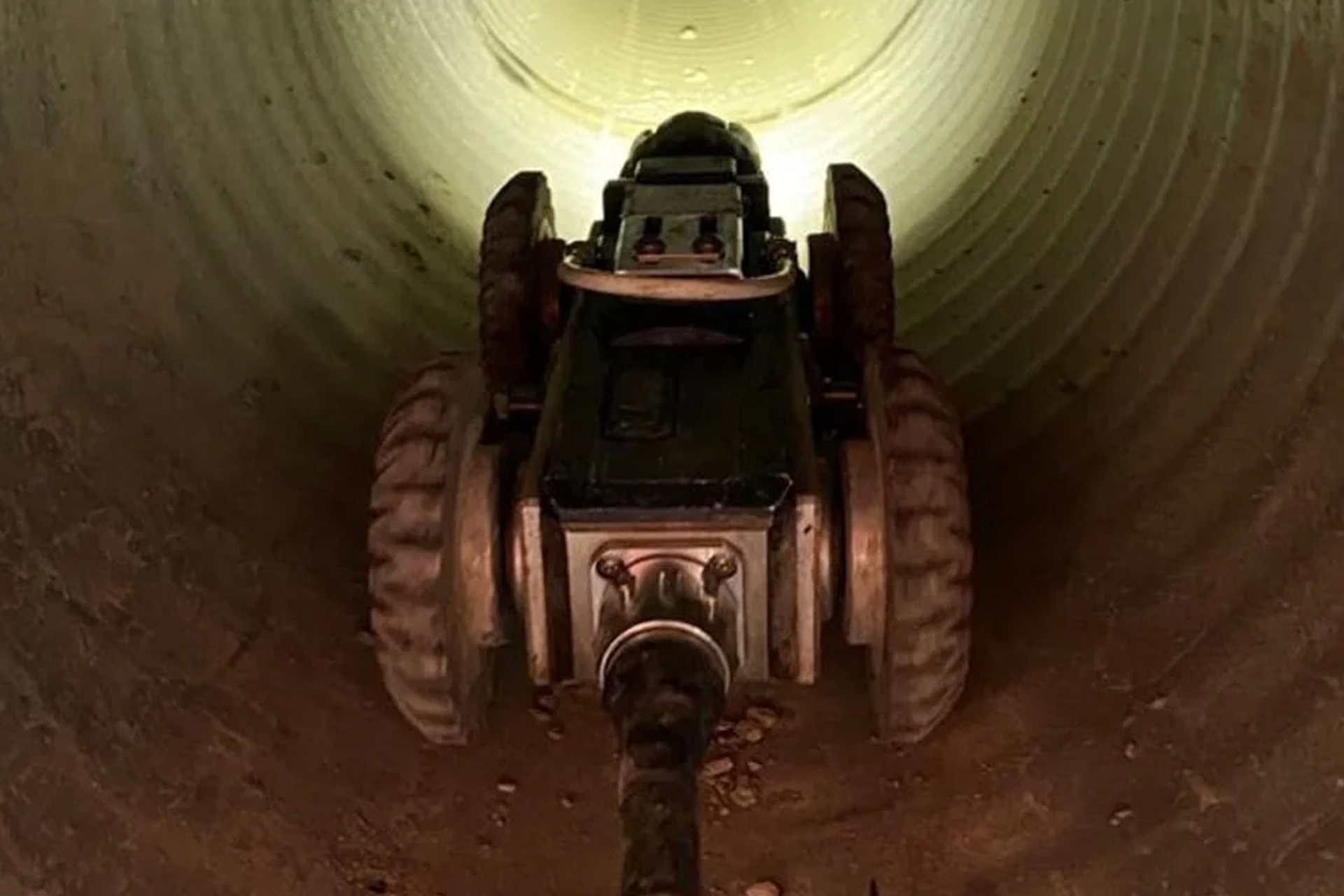Some Ideas on Reclaim Waste You Need To Know
Indicators on Reclaim Waste You Should Know
Table of ContentsThe smart Trick of Reclaim Waste That Nobody is DiscussingExamine This Report about Reclaim WasteA Biased View of Reclaim WasteOur Reclaim Waste DiariesMore About Reclaim Waste
Discover the types, events, and kinds of fluid waste. Domestic sewer waste refers to the waste and items from a domestic septic tank. This kind of waste is created by human beings in residences, colleges, and other buildings. This only includes septic storage tanks that have a drainpipe field. The proper monitoring and disposal of domestic sewage waste call for liquid waste to be transferred to a sewage treatment plant where the appropriate approaches and devices are put on detoxify and dispose of waste.
Commercial waste often includes possible hazards, such as combustible materials or a combination of fluid and solid waste products, and requires an advanced and in-depth disposal process. The disposal of commercial waste commonly entails the filtration of waste before transport to guarantee safe and correct disposal. Industrial waste is created from byproducts and overflow of commercial processes and production.
This kind of waste can not utilize the exact same sewage administration transport or procedures as septic or business fluids. The hazardous waste administration procedure calls for the evaluation and testing of liquid waste prior to it undertakes the disposal process (liquid waste removal). Overflow waste is the fluid waste that comes from drainage and excess stormwater in highly populated locations or cities
Runoff waste can trigger contamination and flooding if not managed correctly. Guaranteeing proper waste monitoring can protect against disasters and lower ecological harm.
The Main Principles Of Reclaim Waste
Call PROS Providers today to find out about our waste management and disposal solutions and the proper methods to care for the fluid waste you create.
(https://www.blogtalkradio.com/reclaimwaste1)Do you know what takes place to your water when you end, purge the commode or drain pipes the washing device? No? Well, it's worth recognizing. This so-called 'wastewater' is not just an important source however, after treatment, will certainly be released to our land, rivers or the ocean. Made use of water from bathrooms, showers, bathrooms, cooking area sinks, laundries and commercial processes is referred to as wastewater.

water used to cool down equipment or clean plant and tools). Stormwater, a form of wastewater, is drainage that flows from farming and metropolitan locations such as roofings, parks, yards, roads, paths and gutters right into stormwater drains pipes, after rain. Stormwater streams untreated directly to regional creeks or rivers, at some point reaching the ocean.
Some Known Questions About Reclaim Waste.
In Queensland, the majority of wastewater is dealt with at sewer therapy plants. Wastewater is transferred from domestic or industrial sites through a system of sewers and pump stations, understood as sewerage reticulation, click to investigate to a sewage treatment plant. City governments build, maintain and operate most sewer therapy plants. Operators are accredited under the Environmental Management Act 1994 to release treated wastewater at an acceptable environmental standard right into rivers.
The Division of Natural Resources suggests local governments regarding managing, operating and maintaining sewage systems and therapy plants. In unsewered areas, city governments might require householders to mount private or household sewer therapy systems to treat domestic wastewater from commodes, cooking areas, restrooms and washings. The Division of Natural Resources authorises making use of family systems when they are proven to be reliable.
Most stormwater obtains no treatment. In some brand-new class, treatment of some stormwater to get rid of litter, sand and crushed rock has begun using gross pollutant traps. Wastewater therapy happens in 4 stages: Gets rid of solid issue. Larger solids, such as plastics and various other items wrongly released to sewage systems, are removed when wastewater is travelled through displays.
Wastewater then flows right into big tanks where solids work out and are gotten rid of as sludge. Oil and residue are skimmed from the surface area. Makes use of tiny living microorganisms called micro-organisms to damage down and eliminate staying liquified wastes and great particles. Micro-organisms and wastes are integrated in the sludge. Gets rid of nitrogen and phosphorus nutrients that can cause algal flowers in our waterways and intimidate marine life.
Reclaim Waste for Dummies
Nutrient elimination is not available in all sewage treatment plants due to the fact that it needs expensive specialised equipment. It is becoming extra common in Queensland. Clear fluid effluent generated after therapy may still include disease-causing micro-organisms. If this effluent is released right into rivers such as rivers or the sea, the micro-organisms will ultimately die out.

This typically means wastewater needs to be dealt with or pollutants removed prior to it can be discharged to waterways. The majority of wastewater moves into the sewerage system. Under the Act, city governments provide approvals and permits for ecologically relevant tasks (ERAs) entailing wastewater launches that might have a local influence. The department administers approvals and licences to Periods involving wastewater launches that might have a local or statewide effect.
The Buzz on Reclaim Waste
Tracking provides factual information about water quality and can confirm that licence problems are being fulfilled. The details gotten via surveillance gives the basis for making water quality decisions.